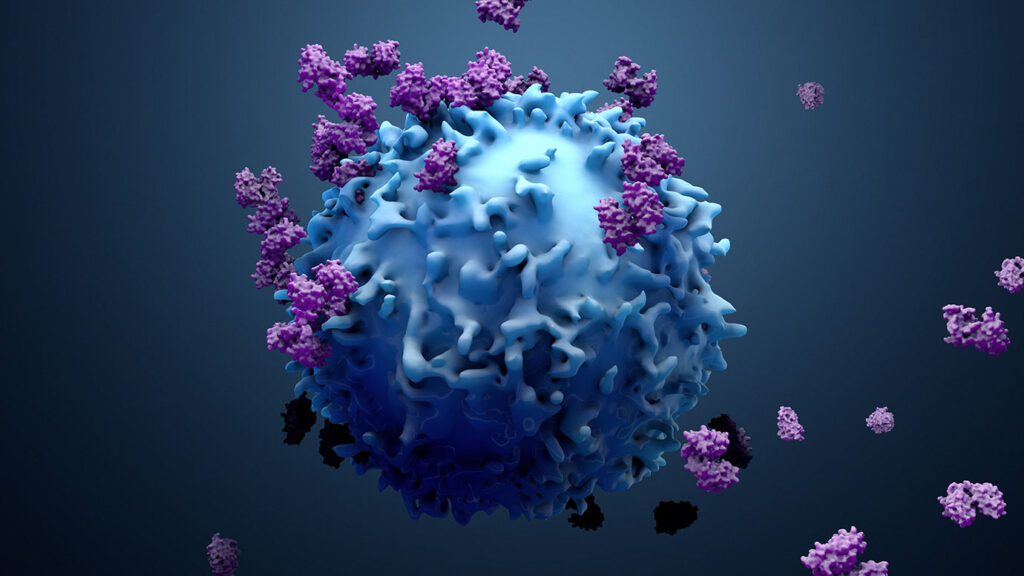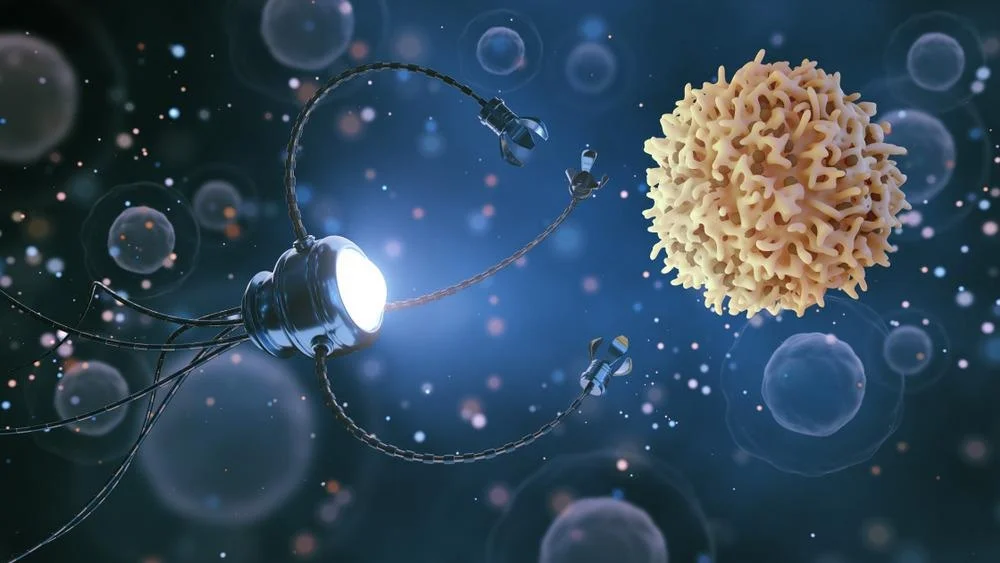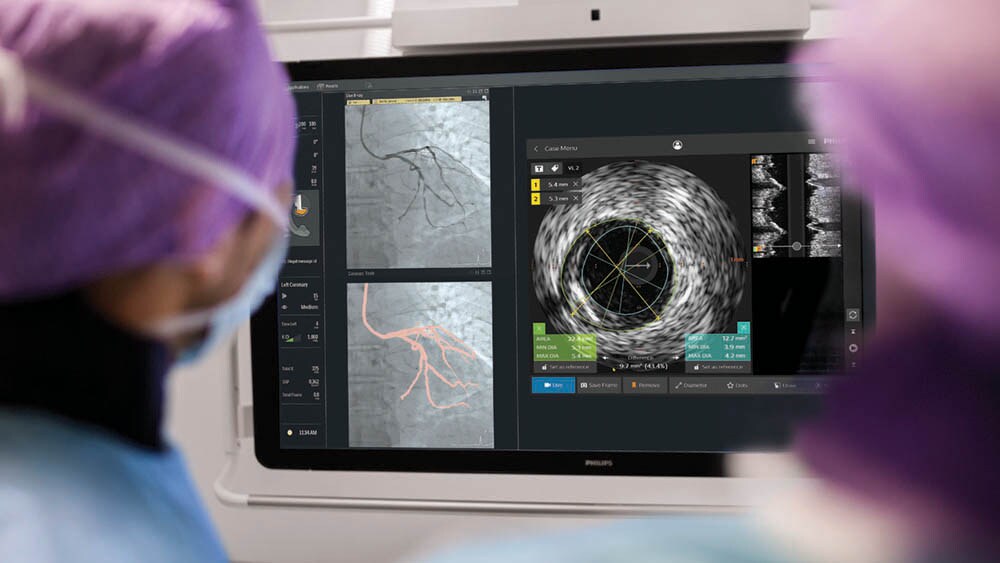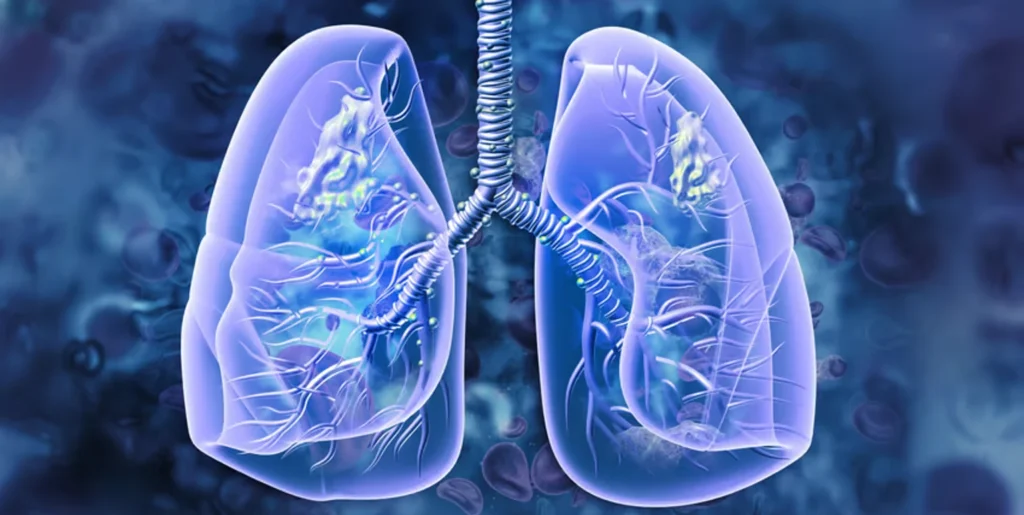Expanding Cancer Treatment Horizons: The Promise of Immunotherapy
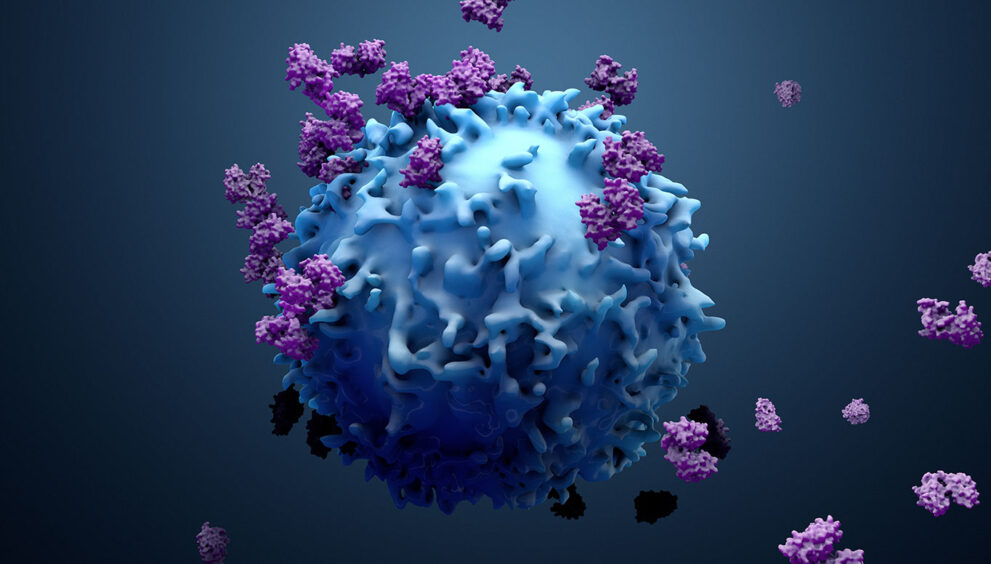
In the relentless battle against cancer, medical science continues to push the boundaries of treatment options beyond traditional approaches like chemotherapy. Among the innovative modalities revolutionizing cancer care is immunotherapy, a groundbreaking approach that harnesses the body’s immune system to combat cancer cells. As researchers delve deeper into understanding the intricacies of immunotherapy, its potential to transform the landscape of cancer treatment becomes increasingly evident, offering hope to patients and clinicians alike.
Understanding Immunotherapy:
Unlike conventional cancer treatments that directly target cancer cells, immunotherapy works by empowering the body’s immune system to recognize and eliminate cancer cells more effectively. At the core of immunotherapy are various strategies aimed at enhancing the immune response, including checkpoint inhibitors, adoptive cell therapy, cancer vaccines, and immune system modulators. These approaches capitalize on the remarkable capabilities of the immune system to identify and destroy abnormal cells while sparing healthy tissues.
The Power of Checkpoint Inhibitors:
One of the most notable advancements in immunotherapy is the development of checkpoint inhibitors, which unleash the immune system’s ability to recognize and attack cancer cells. Checkpoint inhibitors target proteins that act as brakes on the immune response, thereby releasing the brakes and allowing immune cells to mount a robust attack against cancer. Drugs such as pembrolizumab, nivolumab, and ipilimumab have demonstrated remarkable success in treating a variety of cancers, including melanoma, lung cancer, and certain types of lymphoma.
Adoptive Cell Therapy:
Another promising avenue in immunotherapy is adoptive cell therapy, which involves engineering a patient’s own immune cells to recognize and destroy cancer cells more effectively. Chimeric antigen receptor (CAR) T-cell therapy, for example, modifies a patient’s T cells to express receptors that target specific proteins on cancer cells, thereby enhancing their ability to seek out and destroy tumors. CAR T-cell therapy has shown remarkable efficacy in treating certain blood cancers, leading to durable remissions in patients who have exhausted other treatment options.
Cancer Vaccines and Immune Modulators:
In addition to checkpoint inhibitors and adoptive cell therapy, researchers are exploring the potential of cancer vaccines and immune modulators to bolster the immune response against cancer. Cancer vaccines stimulate the immune system to recognize and attack cancer cells, similar to how traditional vaccines train the immune system to fight infectious diseases. Immune modulators, on the other hand, enhance the immune response by targeting signaling pathways involved in immune regulation, thereby amplifying the body’s natural defenses against cancer.
Challenges and Future Directions:
While immunotherapy holds immense promise as a transformative cancer treatment, challenges remain in realizing its full potential. These include identifying biomarkers to predict response to treatment, managing immune-related side effects, and overcoming resistance mechanisms that cancer cells may develop. Additionally, efforts are underway to expand the applicability of immunotherapy to a broader range of cancer types and optimize treatment combinations for improved outcomes.
Immunotherapy represents a paradigm shift in cancer treatment, offering new hope and possibilities for patients facing this formidable disease. As research continues to unravel the complexities of the immune system and refine immunotherapeutic strategies, the prospect of achieving long-term remissions and even cures for certain cancers becomes increasingly attainable. By embracing innovation and collaboration, we can harness the power of immunotherapy to redefine the standard of care and usher in a new era of precision medicine in oncology.




















